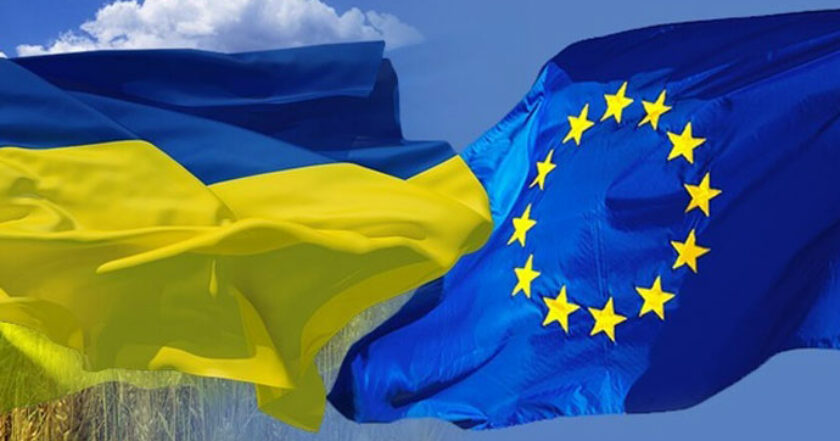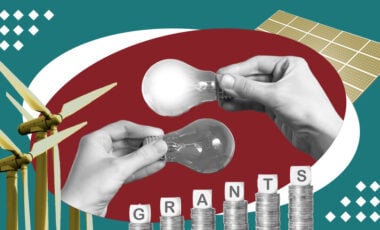EU will bypass Hungary's veto and provide Ukraine with €50 billion of aid

Photo: From open sources
The European Union assures that they can bypass any veto from Hungary and provide Ukraine with €50 billion in aid.
The European Commission has proposed expanding budgetary support to help Ukraine cover salaries and other expenses, and the 27 EU member countries are set to vote on this package at the summit on December 14-15, Reuters reports.
However, concerns have been raised that the aid could be blocked by Hungarian Prime Minister Viktor Orban, who maintains ties with Moscow and has previously opposed such support.
Payments from the EU's common budget require unanimous support from all member countries. In case Budapest exercises its veto right, two EU officials have stated that the EU has a way to bypass it by reaching out to each government of other EU countries, urging them to develop their own aid package for Kyiv.
Combined, these bilateral deals would amount to the same €50 billion.
One EU official told Reuters, "Hungary risks overplaying its hand. We'd like to have them on board, but there comes a point when people get fed up with Budapest holding everyone hostage. The workaround is cumbersome, but we have it if needed."
Another EU official, speaking on condition of anonymity, agreed, saying, "The issue of money for Ukraine will be resolved one way or another; Kyiv will receive EU support."
He added, "If Hungary becomes an obstacle to the necessary unanimity to do this through the EU budget, member states will find another way, like an intergovernmental agreement or national guarantees."
Background
On November 9 last year, the European Commission proposed a support package for Ukraine of up to €18 billion for 2023. This aid will be provided through concessional loans, payable in regular installments starting from January 2023.
Later, on December 13, EU ambassadors unanimously approved granting Ukraine €18 billion in macro-financial aid. However, concessions had to be made to Hungary, which had blocked this decision for months.
After months of disputes, Budapest finally agreed to the package after achieving, as they stated, a concession from the EU regarding assistance to Hungary.
Responding to questions about whether the EU would follow the same path again if Hungary blocks aid, EU Commissioner for Trade Valdis Dombrovskis stated this week: "Last year, we indeed discussed a 'Plan B.'… But we managed to avoid that scenario last year. I hope we will manage to avoid that scenario again this year."
Bloomberg reported that the alternative proposal would include national guarantees from EU member countries to raise financing on markets if Budapest blocks the review of the EU's long-term budget, including the Ukraine aid package.
Last month, the Financial Times reported that senior EU officials were considering allocating around €13 billion to Hungary from EU funds currently blocked due to unresolved rule-of-law issues. According to FT, this step was intended to incentivize Budapest to increase the EU budget for 2024-2027, including allocating €50 billion for Ukraine during this period.




















































